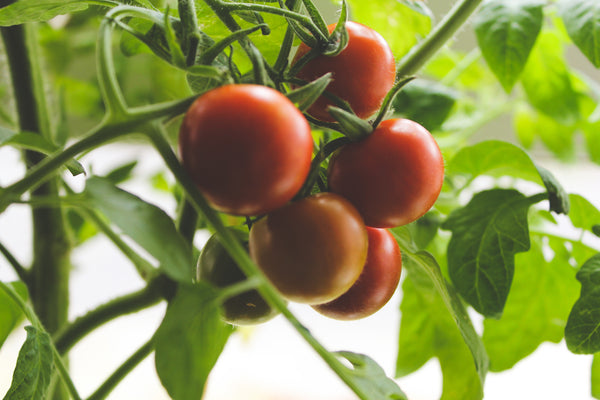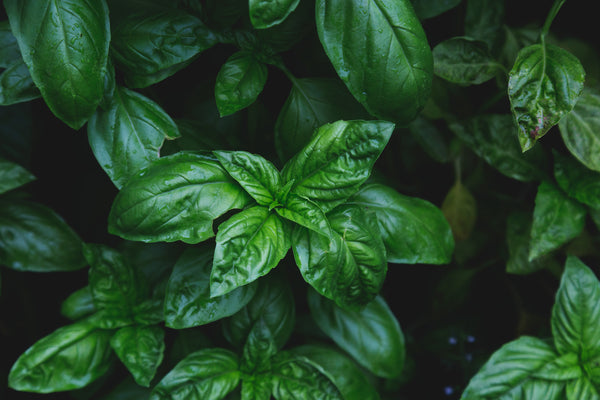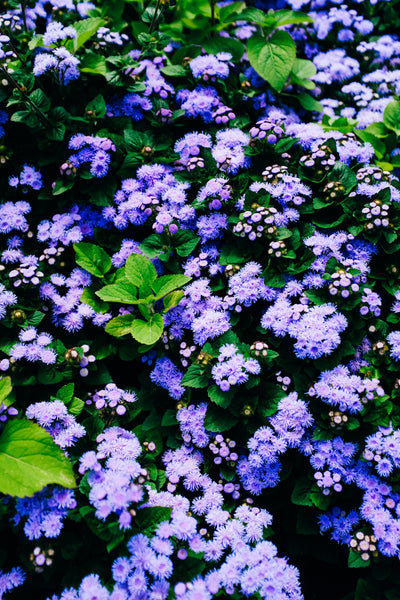Grass is used to fill in an awful lot of public spaces. We think of it as the automatic response to revitalizing just about any building or construction site, and since grasses are so darn tough, they seem to thrive just about anywhere. Grass seeds are cheap to produce, and the plants are durable, so it stands to reason that we have come to depend on it this way. But it isn’t much more than that.
We like the idea of supplementing unused grassy spaces with wildflowers, but there are some basic principles to understand for the best success.
First of all, choose the site thoughtfully. Some grassy areas are regularly mowed by highway crews or municipal workers, so wildflowers will not do well. You need to stay well away from other planted areas like gardens and farms, just out of courtesy. We find that sloped areas beside highway overpasses are quite good for this purpose, particularly when they have been planted with trees, which seems to be increasingly common (thank goodness). It’s clear that these areas will not be mowed, or probably given a second thought by the crews that planted them.
Second, take some time to choose the right kinds of seeds. Avoid species that are rampant spreaders, and check that none of the species are listed in your area as invasive or noxious weeds. A good list of risky species can be found here. Also, choose species that are drought-tolerant or suitable for xeriscaping. These seeds are going to depend on rain for all their watering needs, so plan accordingly. Similarly, if you’re planting into low areas that can become swampy, even for part of the year, select species that thrive in these conditions.
Seed Balls are an excellent method for Flower Power Planting. As they disintegrate in the rain, they provide the seeds with something to root into. Seeds that are just broadcast over existing lawns will have a hard time coming in contact with the soil due to the tight network of grassy roots. To account for this, try mixing the seeds evenly into a larger volume of soil just before planting, and then distribute the seed-laden soil. This will certainly improve the chances of germination, and it may actually improve the health of the existing landscape. Soil can harbour plant diseases, so choose soil from a reputable supplier or soil that has been sterilized.
Finally, be sensible: This type of guerrilla gardening is not suitable for sensitive eco-regions. It works well in cities, and particularly well in areas that have otherwise been given over to concrete. Meridians, traffic circles, unused parking lots… Any place where soil can collect makes a potential home for plants that will feed pollinators and brighten the landscape. Commit to Grow with us, and commit an act of Flower Power Planting this spring.
After all, we did our part:



